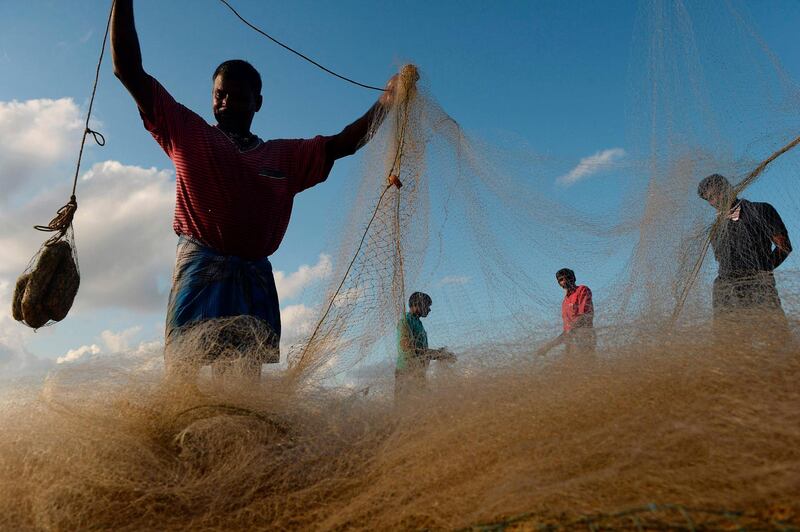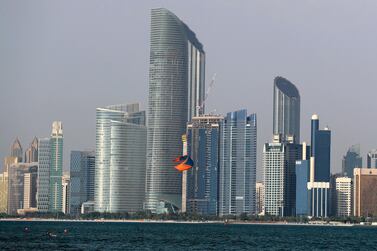The Abu Dhabi Fund for Development will grant debt relief to low-income countries and companies from the developing world as the UAE backs a G20 plan to support economies grappling with the fallout from the Covid-19 pandemic.
The fund said on Sunday that it will suspend principal and interest repayments for eligible countries and businesses upon “request for forbearance”.
It said the initiative covers the whole of this year but did not give the monetary value of the relief package.
“At a time when the world is reeling under the effect of the pandemic that has affected every area – from [the] economy and society to health and education – it is imperative for us to support ... those that need it most, especially the low-income countries,” Mohammed Al Suwaidi, the director general of the fund, said.
The debt relief is crucial to ensuring the financial stability of poor countries, helping them follow a path to growth and sustainable development, he said.
G20 nations agreed in April to a time-bound suspension of debt service payments on loans to support efforts by poor countries to protect lives and alleviate the hardship caused by the pandemic.
The virus has infected more than 12.7 million people worldwide and killed more than 565,000, according to Johns Hopkins University, which is tracking the outbreak.
The rate of infection is still on the rise in the Americas, Asia and Africa where countries with poor healthcare infrastructure are struggling to contain the virus.
The G20’s Debt Service Suspension Initiative stands to benefit 73 eligible members of the International Development Association that are currently on a debt service plan with the International Monetary Fund and the World Bank, and the least developed nations as defined by the UN.
Last month, the G20’s International Financial Architecture working group said 41 countries, including 26 African nations, had applied for relief under the initiative. On Friday, the IMF said poor nations may need additional assistance, including through the G20 programme.
ADFD, which provides cheap funding to poor countries and companies in the developing world, said in May that it would contribute to a $10 billion (Dh36.7bn) support fund, pledged by institutions within the Arab Co-ordination Group, to help developing countries recover from the health crisis.
The package includes technical assistance, grants, concessional loans, financing, trade insurance and capacity development programmes, ADFD said at the time.
It also pledged Dh1bn in concessionary loans for Emirati-owned businesses in the UAE in the same month. The fund provides funding to companies across the healthcare, food security and manufacturing sectors.
“We are committed to taking any further action and providing support that may be required to ensure a swift recovery of the beneficiary countries and our national companies,” Mr Al Suwaidi said on Sunday.








